With a degradation rate of just 1.8% per year, a new study suggests that the vast majority of electric vehicle (EV) batteries will outlast the usable life of the vehicle.
The data published by Geotab indicates EV batteries will now last 20 years or more.
The company analysed the battery health of almost 5,000 fleet and private EVs, representing nearly 1.5 million days of telematics data, to explore how the latest battery technology holds up to the rigours of daily use.
The data highlighted how batteries degrade, on average, by 1.8% per year – compared to 2.3% when Geotab last performed a wholesale analysis of EV battery health in 2019, and generally more slowly than internal combustion engine (ICE) drivetrain components.
David Savage, vice president for the UK and Ireland at Geotab, explained: “With these higher levels of sustained health, batteries in the latest EV models will comfortably outlast the usable life of the vehicle and will likely not need to be replaced.”
However, he said: “We still see battery reliability being used as a stick to beat EVs with. Hopefully, data like ours can finally put these myths to bed.
“The fact is that a 1.8% decline in battery health is unlikely to have a significant impact on most driver’s daily vehicle needs, and this number will only come down further with new EV models and improved battery technology.
“People should feel confident that many current EVs are suitable and cost-effective to replace a range of light, medium and heavy-duty ICE vehicles.”
Battery degradation is a natural process that permanently reduces the amount of energy a battery can store or the amount of power it can deliver.
The batteries in EVs can generally deliver more power than the powertrain components can handle. As a result, power degradation is rarely observable in EVs and only the loss of the battery’s ability to store energy matters.
An EV battery’s condition is called its state of health (SOH). Batteries start their life with 100% SOH and over time they deteriorate. For example, a 60kWh battery with 90% SOH would effectively act like a 54kWh battery.
Degradation of battery in high-use EVs
The best-performing EV models in the updated Geotab analysis posted a battery degradation rate of just 1%.
Potential contributors to why some vehicle models, on average, degrade faster than others are battery chemistry and thermal management of the battery pack.
While current EVs mostly use lithium-ion batteries, there are many different variations of lithium-ion chemistries and this will influence how it responds to stress.
In addition to cell chemistry, temperature control techniques differ across vehicle models. A major distinction is whether the battery pack is cooled and/or heated by air or liquid.
One potentially surprising insight from the Geotab research is that high-use EVs did not show significantly higher battery degradation than others. This should be welcome news to fleet operators in particular since EVs offer better value the more they are driven.
Geotab says that state-of-health information, made possible by comprehensive telematics data, is key to helping people make the best use of EVs.
Telematics data insights, which can be found in Geotab’s EV Battery Health report, helps fleets understand the real battery capacity of their EVs, the rate of degradation and get the most value throughout their life-cycle.

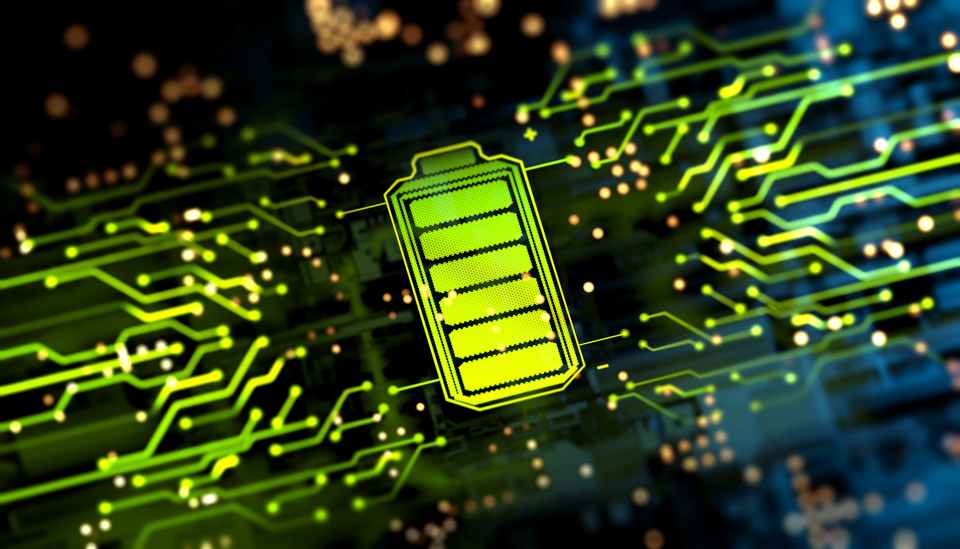





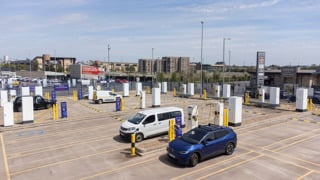
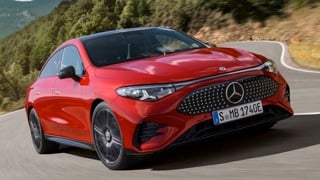
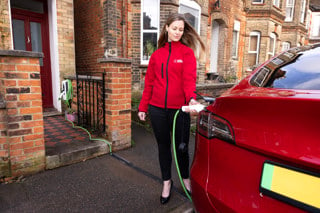

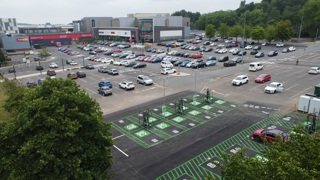











Login to comment
Comments
No comments have been made yet.